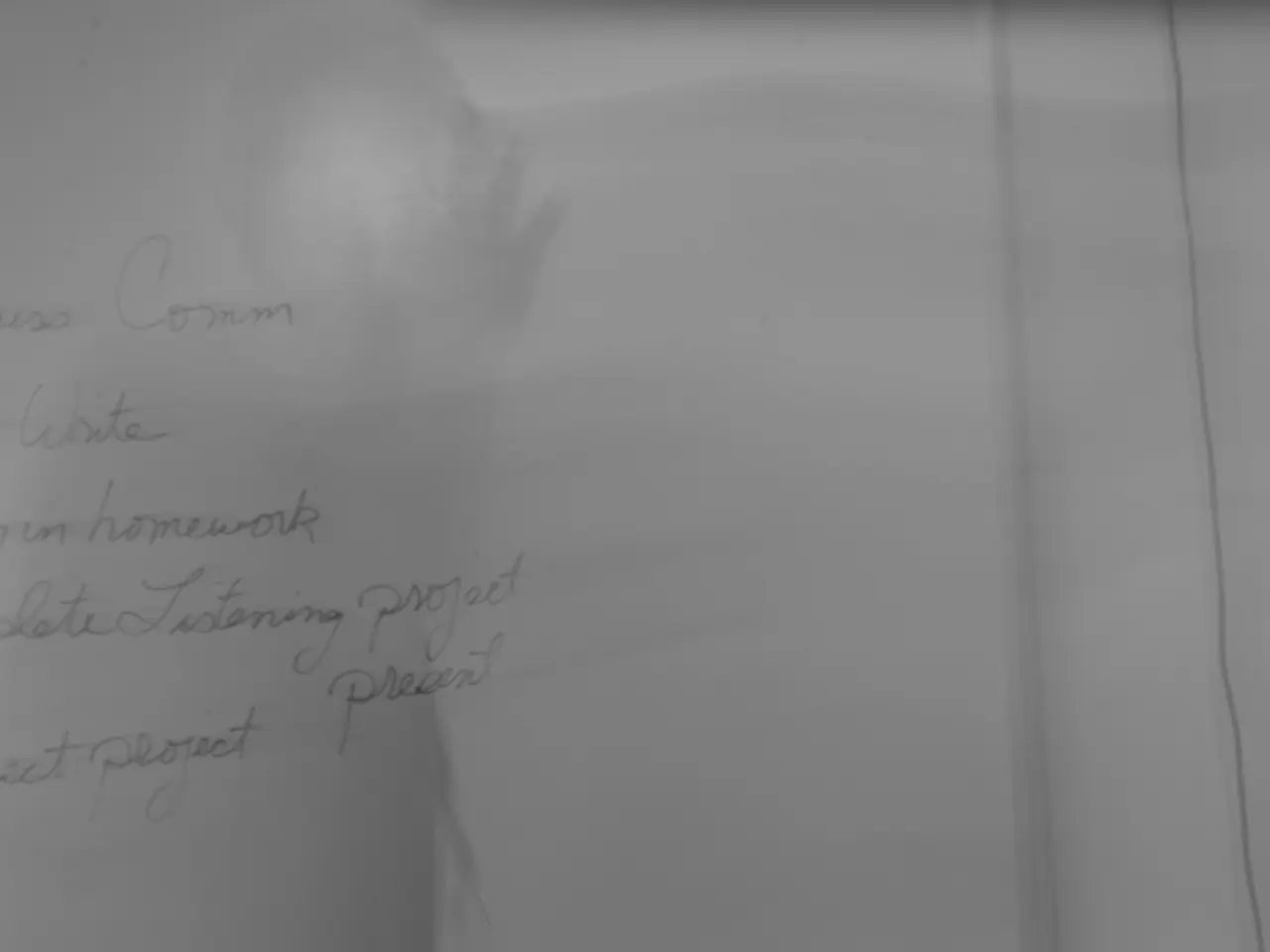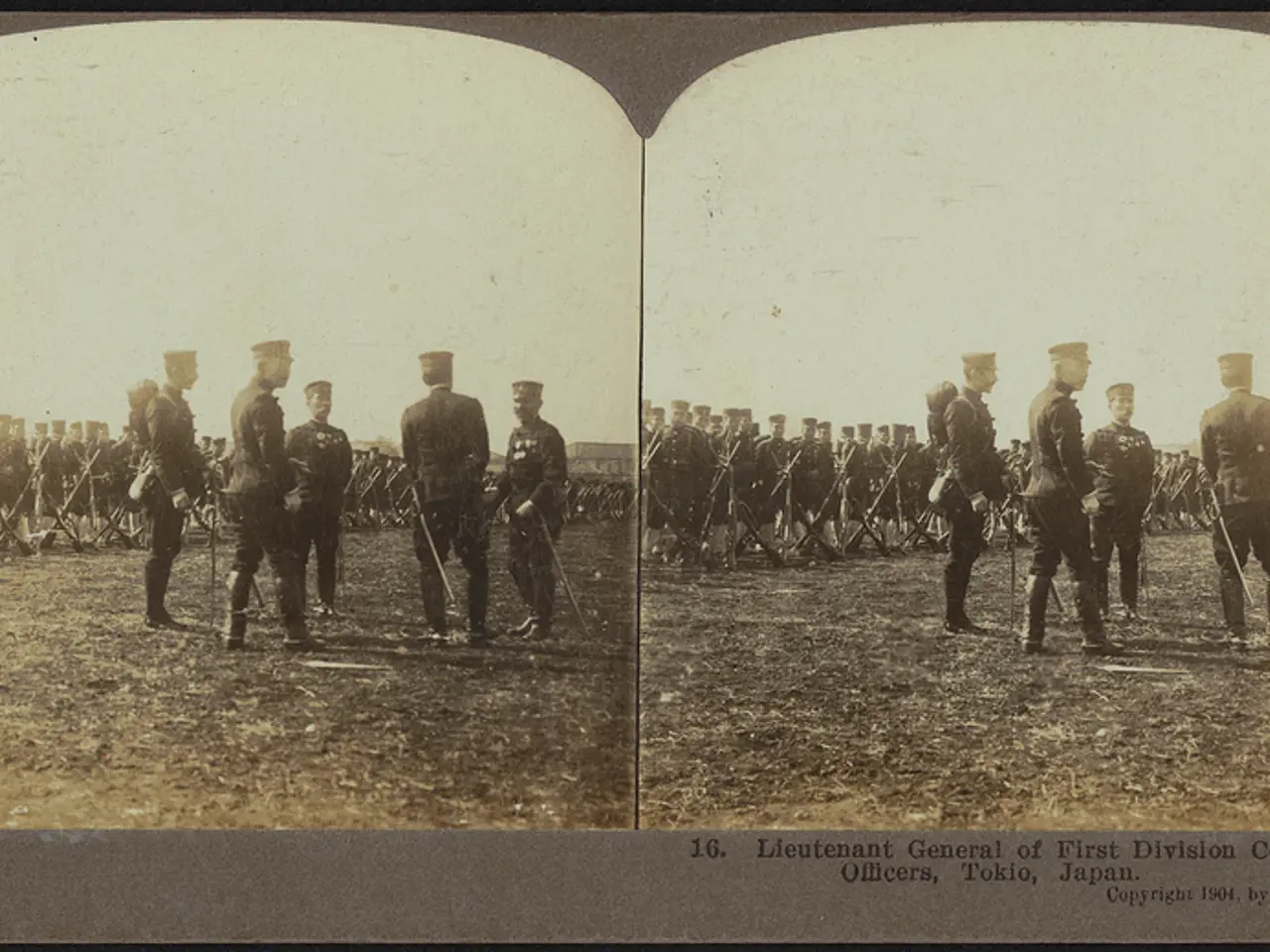Flat-rate allowance not necessitating evidence for members
In the heart of Europe, the German Bundestag, the federal parliament, has found itself embroiled in a heated debate over the tax-free allowances granted to its members. The allowance, a flat-rate sum without the requirement for proof of expenditure, has been a subject of contention due to concerns over transparency and accountability.
The justification for this system lies in the broad and often unpredictable expenses MPs incur in executing their duties, including constituency work and maintaining offices outside Berlin. The allowance is designed to simplify administration, acknowledging the diverse and flexible nature required for parliamentary work.
However, not everyone is convinced. The Federation of Taxpayers (Bund der Steuerzahler) has criticised the lack of transparency and accountability inherent in a tax-free allowance that does not require proof of expenditure. They argue that this system is prone to misuse, lacks proper oversight, and ultimately burdens taxpayers unfairly.
Some MPs, such as Carolin Bachmann from the Saxon AfD, defend the flat-rate allowance as necessary for operational efficiency and effective representation. They contend that requiring proof of every expense would be burdensome and could restrict their ability to perform their work flexibly.
The debate has been ongoing, with calls from watchdog organisations for increased transparency and reform to align allowances with more rigorous accounting standards. The flat-rate system remains in place, but it is challenged by public and institutional critics who demand more accountability from Bundestag MPs regarding the use of public funds.
In the region of Middle Germany, our website UPDATE asked several MPs about the use of their allowance in connection with their MP activities. The CDU MP for Chemnitz, Nora Seitz, detailed specific expenses she covers with the allowance, including rent for her constituency office, second apartment in Berlin, and fuel costs for trips.
The co-faction leader of the Left party in the Bundestag, Soeren Pellmann, lists what the allowance is used for on his website, mainly for costs related to constituency offices. However, the Federation of Taxpayers in Saxony-Anhalt has criticised the automatic increase in members' allowances and called for the abolition of this automatic mechanism, considering it unfair compared to ordinary employees.
Despite the criticism, the Bundestag maintains that the administrative burden would significantly increase with individual evidence, and that the flat rate is the fairest and most cost-effective solution among all MPs.
The MPs' allowance, set out in § 12 of the MPs Act, is adjusted annually on January 1, and MPs in Germany receive an annual allowance of around 64,000 euros. Carolin Bachmann, however, is in favour of the allowance only being paid out upon presentation of evidence of use.
As the debate continues, the future of the tax-free allowance for German MPs remains uncertain. With the increasing calls for reform and transparency, changes may be on the horizon for this long-standing system.
The controversy surrounding the tax-free allowance for German MPs has led to calls for increased transparency and reform, with the Federation of Taxpayers advocating for stricter accounting standards. MP Carolin Bachmann, however, argues in favor of maintaining the flat-rate allowance due to operational efficiency and effective representation, while also expressing support for presenting evidence of its use.
The ongoing debate over policy-and-legislation, politics, and general-news centers around the accountability and transparency of MPs' allowances, with critics denouncing the lack of evidence required for the tax-free allowance as potentially prone to misuse and a burden to taxpayers.







